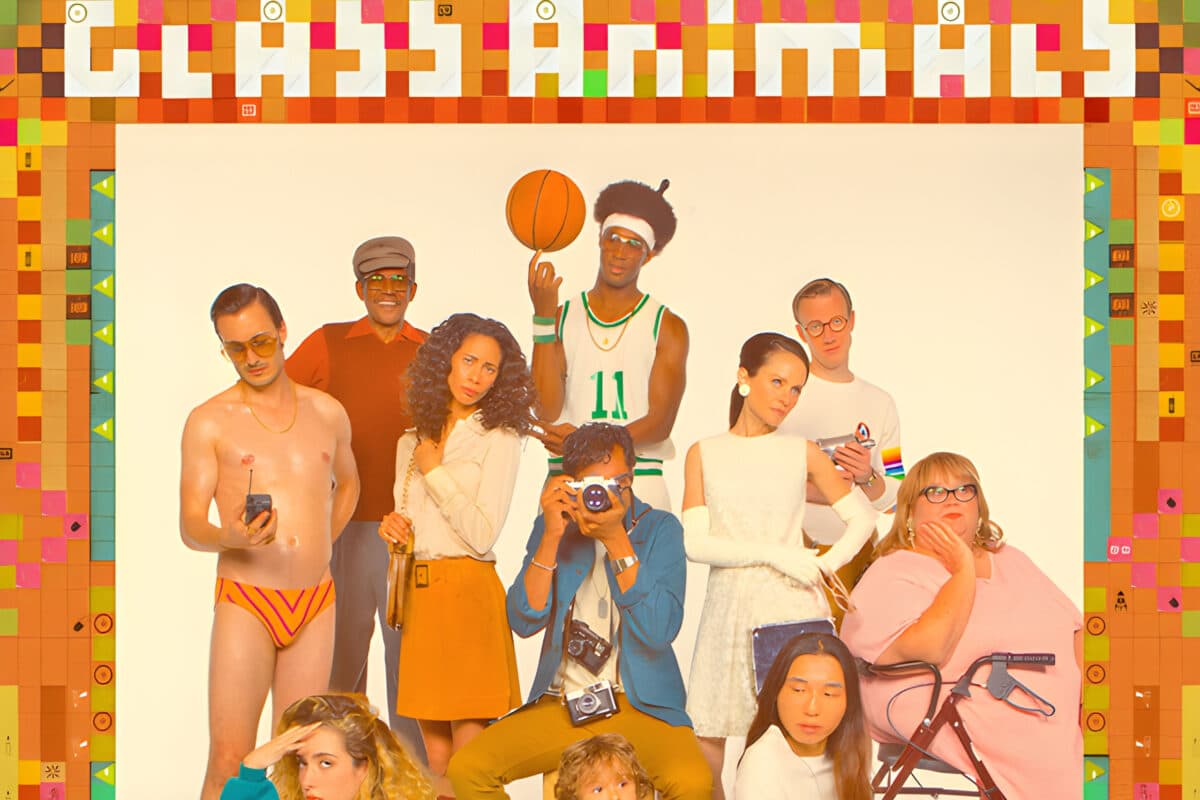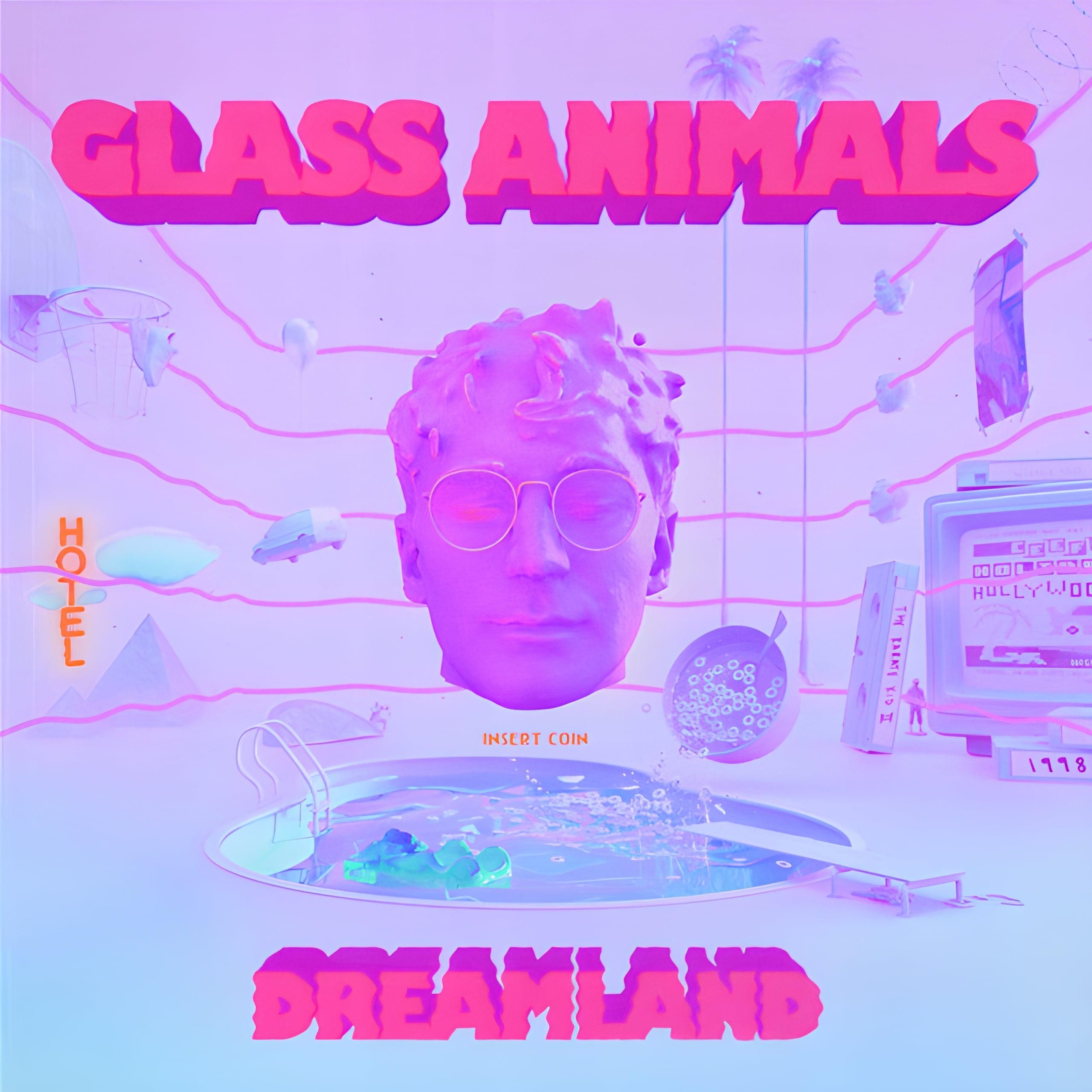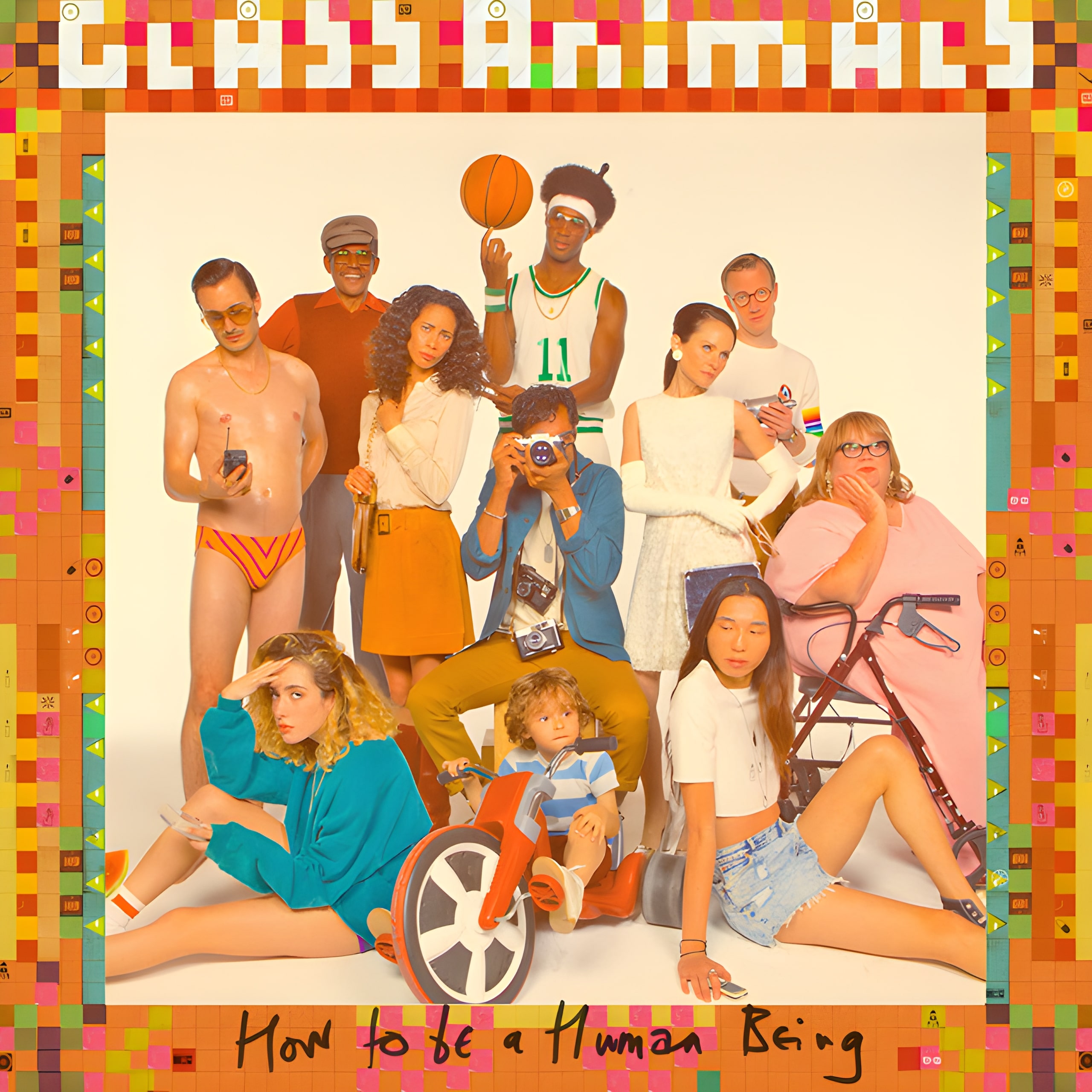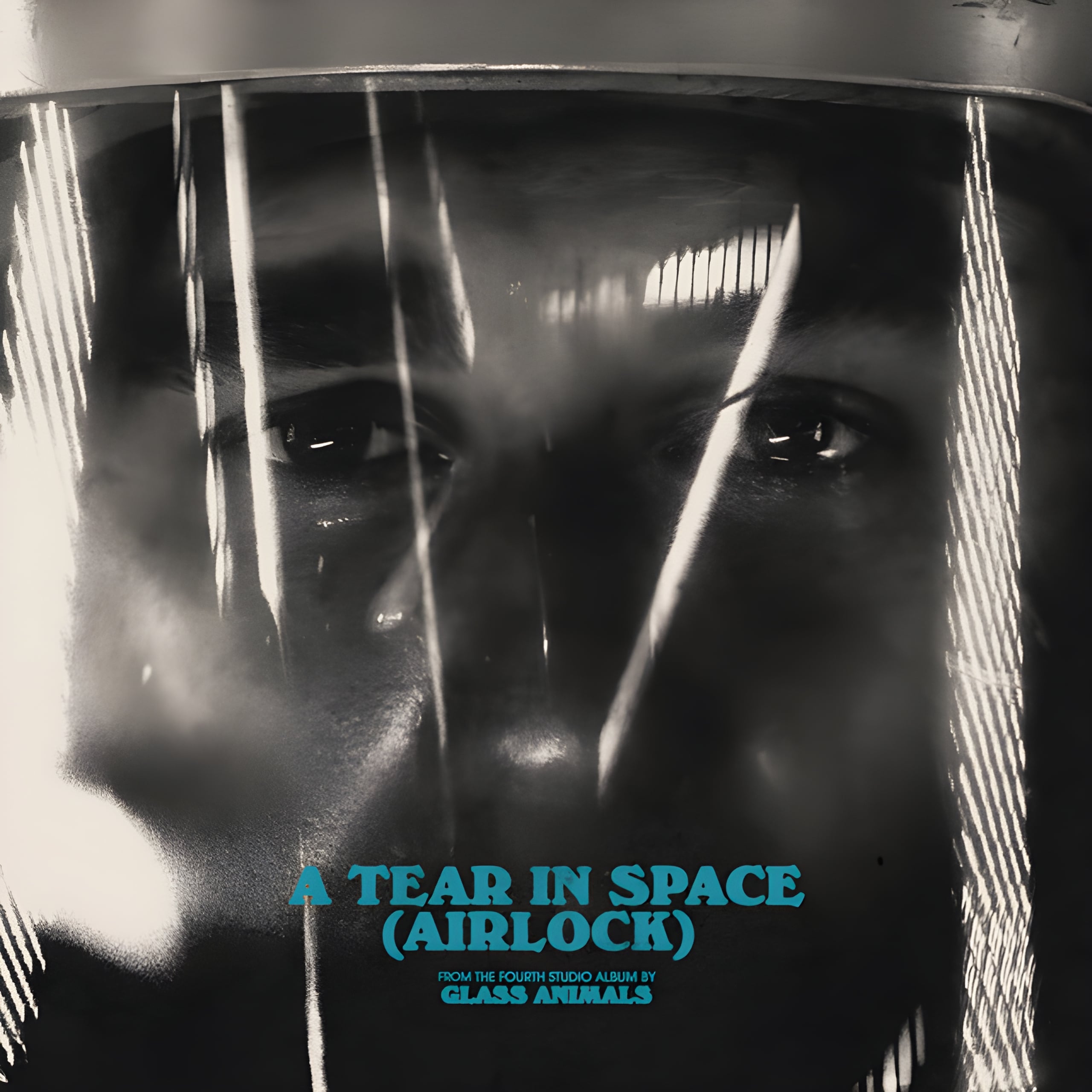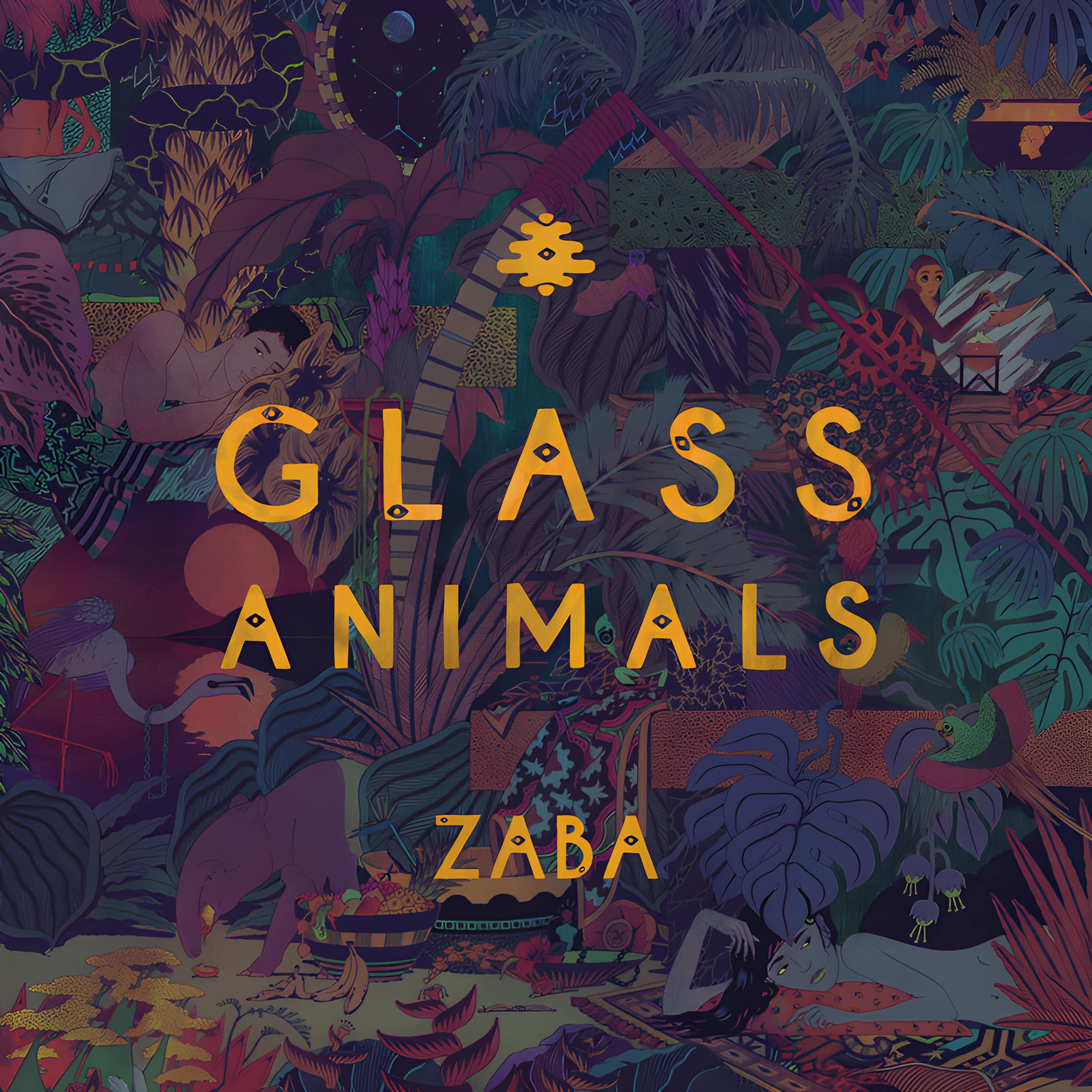Released: 2016
“The Other Side of Paradise” by Glass Animals dives deep into the pits of ambition, loss, and the reality of dreams versus their costs. It tells the story of a love left behind for fame, the dazzling but ultimately hollow pursuit of stardom, and the echo of a relationship turned memory.
The opening lines set the scene of a youthful venture, with the protagonist’s love leaving for the allure of becoming a rock and roll star. The phrase “When I was young and stupid” rings with the naivety of youth and the blindness of early love, hinting at the regrets and longing that follows. “He told me, ‘Please don’t worry'” underscores the reassurances given, veiled in hopeful ambition, leaving behind a life that once was for the siren call of the West – where dreams are made or broken.
As the story unfolds, we learn of the drastic changes that come with chasing dreams. The narrative shifts from simple beginnings to the extravagant lifestyle of “a girl who wore Versace” and the symbolic “gold Camaro”, representing the success and opulence that come with fame. Yet, amidst this success, the protagonist tries to maintain a connection, only to find themselves slipping away into a slow-motion spiral of realization – the dream achieved is not as golden as it seemed. “Bye-bye, baby blue” becomes a farewell to innocence, to a love lost to the corruption of dreams and the harsh truth of reality.
Reflecting on the past, the lyrics “Where I was from in NOLA” bring us back to roots, contrasting the stark difference between the protagonist’s lover’s path and what could have been a simpler, more fulfilling life of staying back, caring for the family. The lines “That boy went stone cold crazy” and “Chasing that pappy pipe dreams” indicate the disillusionment and madness that can come from chasing fame, highlighting an almost inevitable fall from grace when one is caught up in the allure of a superficial lifestyle.
The repetition of “I know you don’t but I” followed by various attempts to move on shows the struggle of holding onto a ghost, a memory of what once was. The imagery of being “curled up in a grip when we were us” and “fingers in a fist like you might run” depicts the internal battle of grappling with the past and the effort to let go, only to settle for the ghost of a lover who’s long gone. The contradiction between seeking a “super paradise” and the acceptance of a ghost points to the painful realization that the paradise imagined is just an illusion.
In essence, “The Other Side of Paradise” navigates through the tumultuous journey of love lost to the sacrifices for fame, capturing the heartache of what’s left behind and the bitter sweetness of memories held onto. With its vivid storytelling and emotive lyricism, Glass Animals explore the complexities of ambition, the fragility of relationships, and the cold truth that sometimes, dreams come at a cost too steep to bear.
